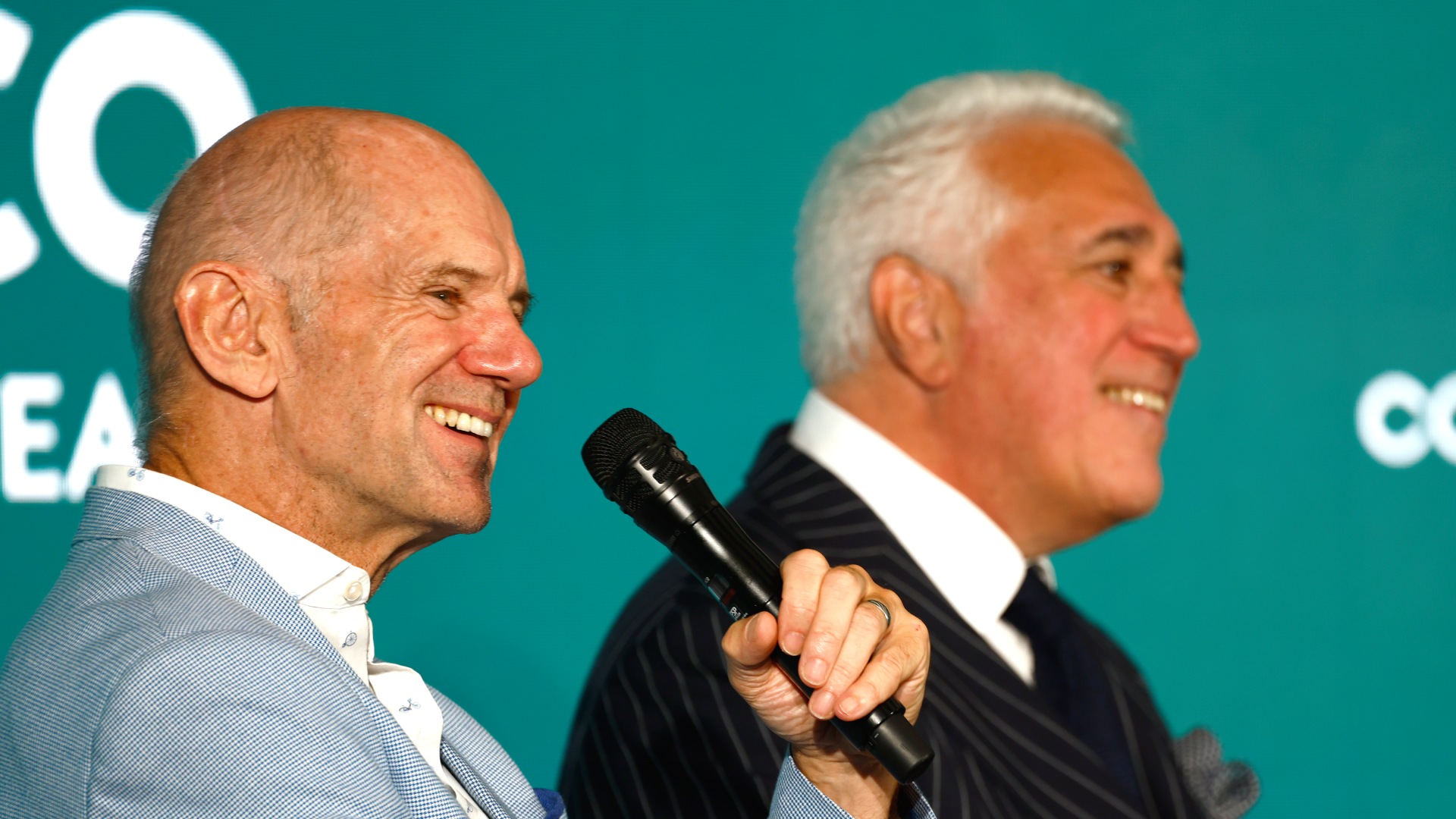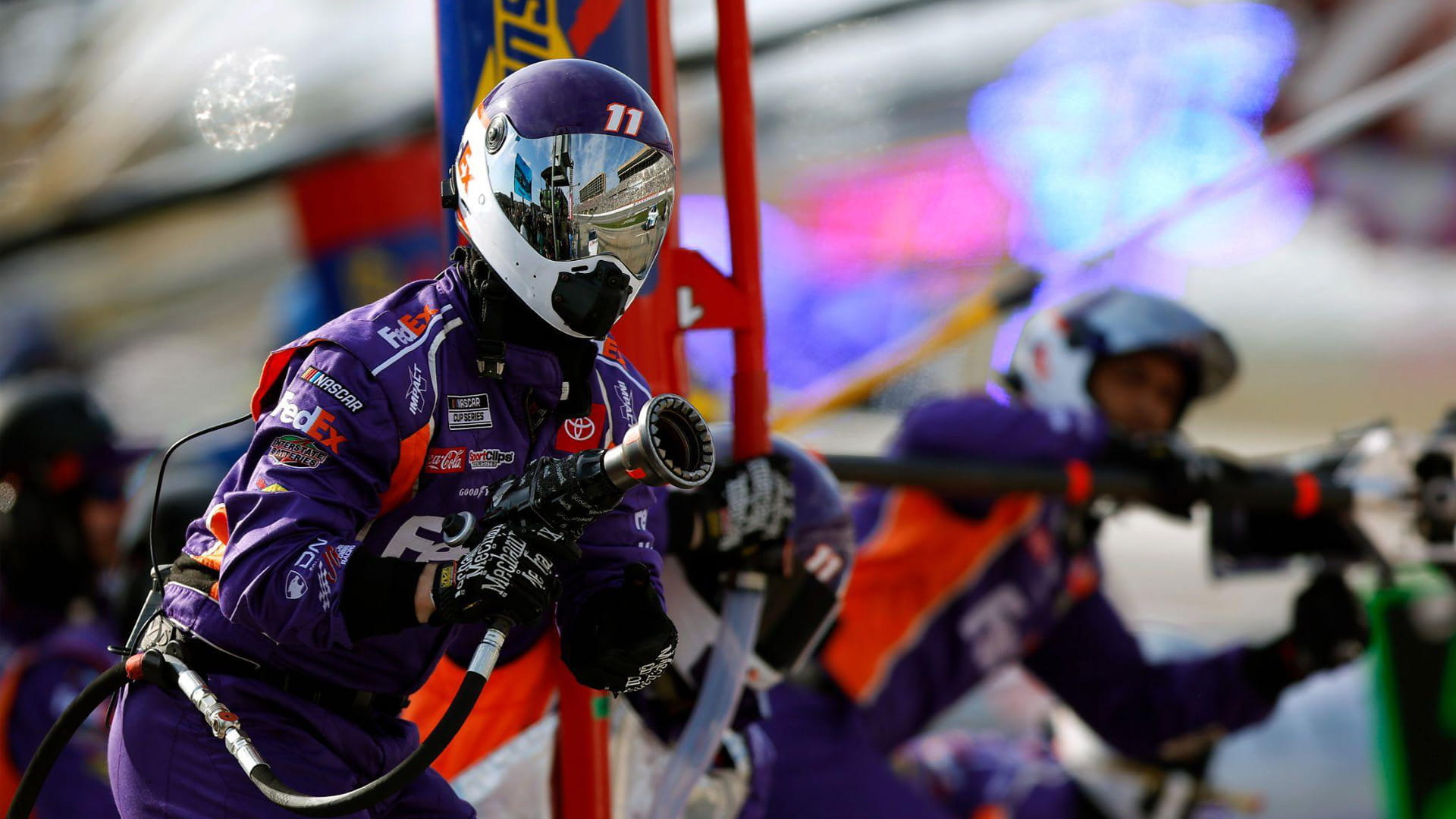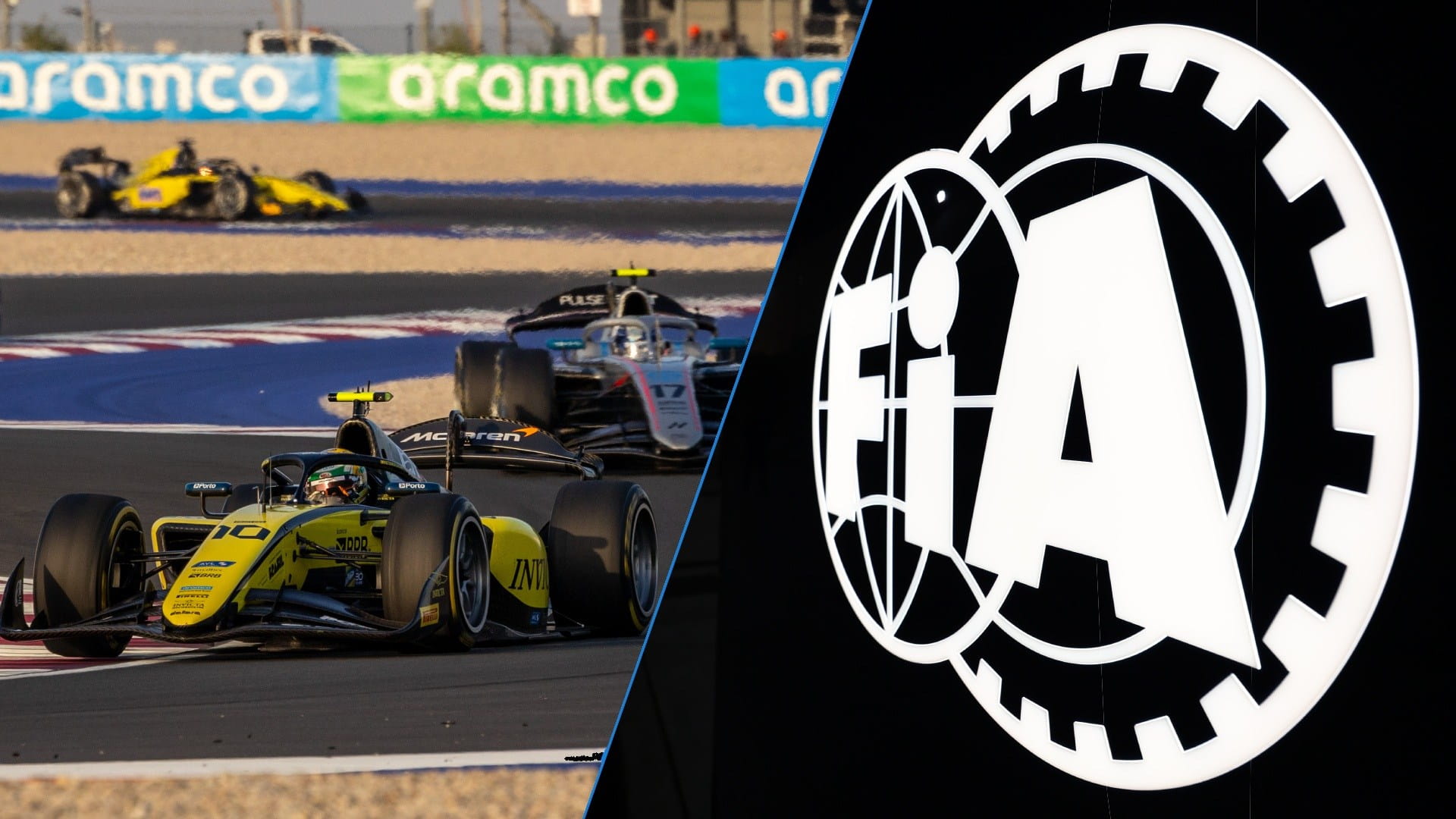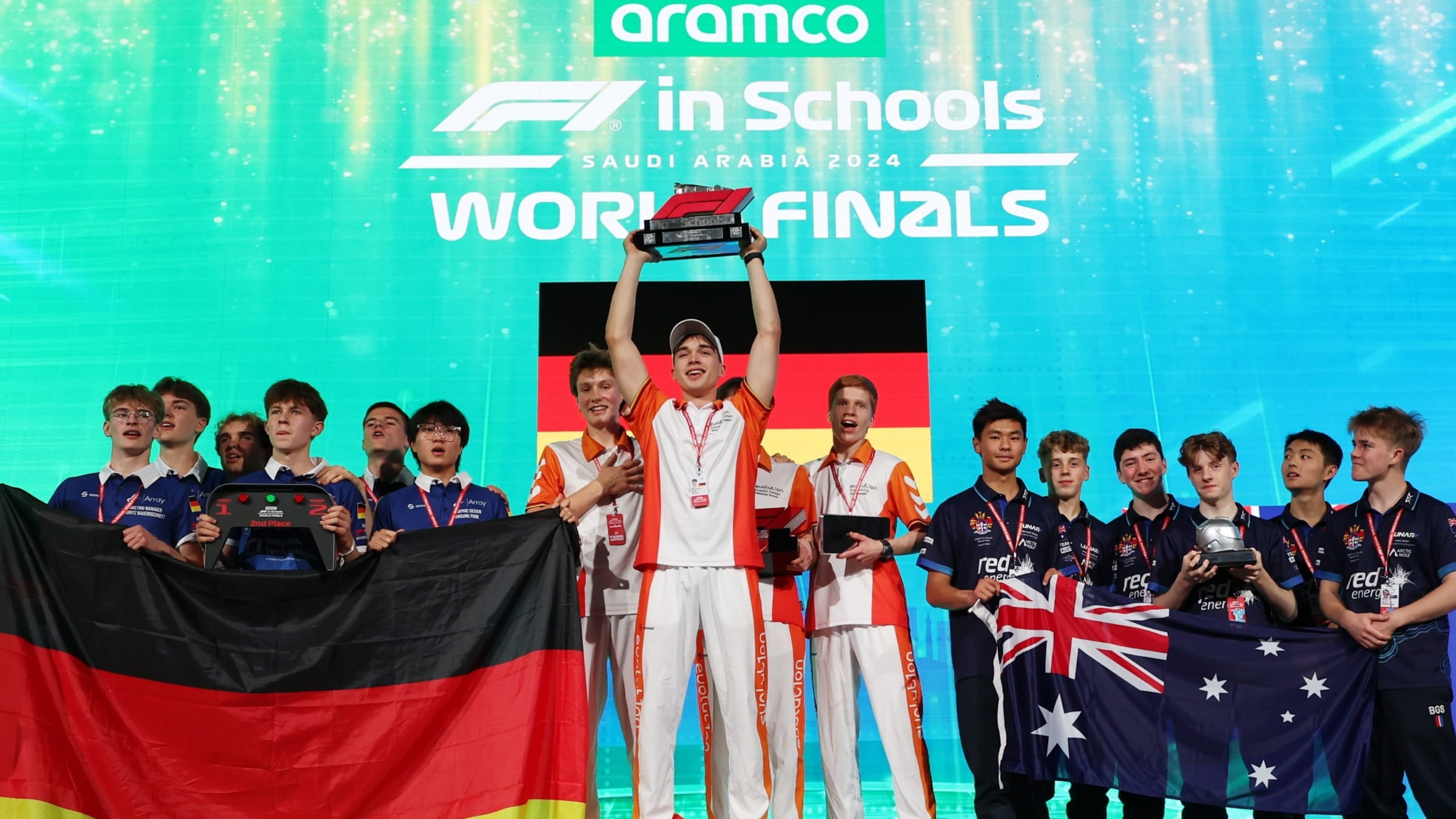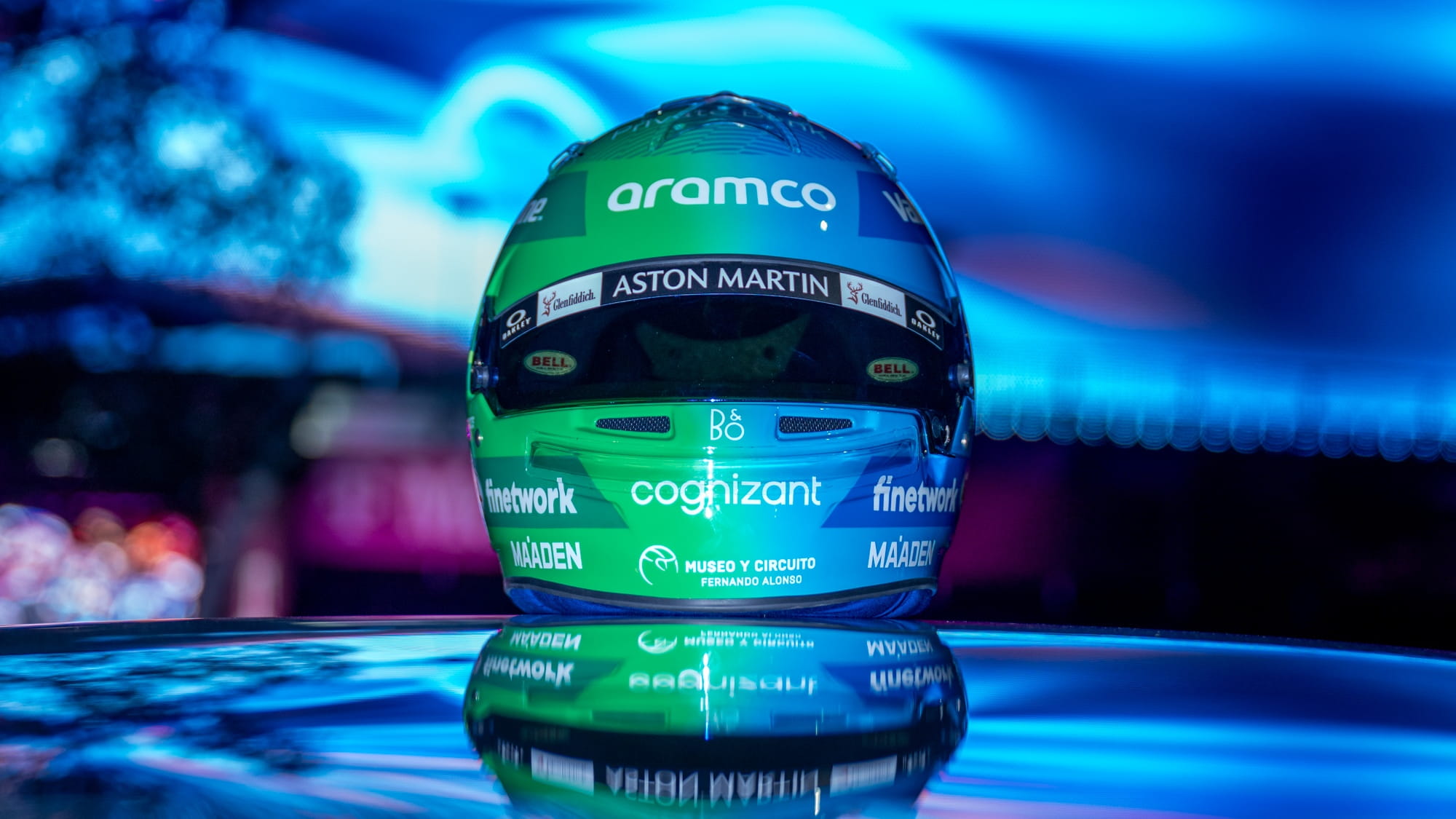Future
Artificial intelligence in motorsport: Could AI make F1 faster and fairer?
by Samarth Kanal
6min read
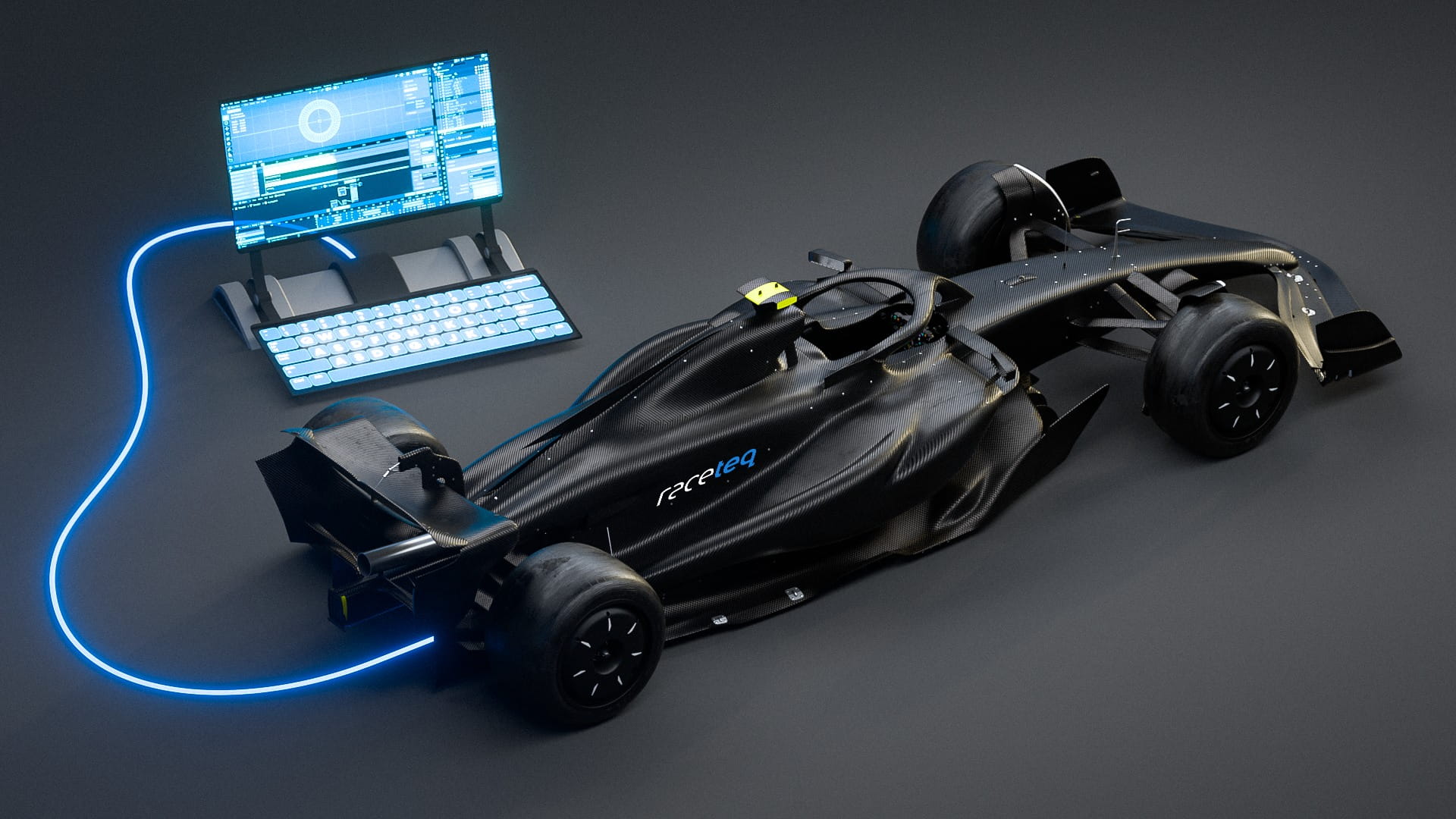
Artificial Intelligence (AI) is a powerful tool that has its uses across numerous industries - and it could boost laptimes, safety and parity in motorsport such as Formula 1.
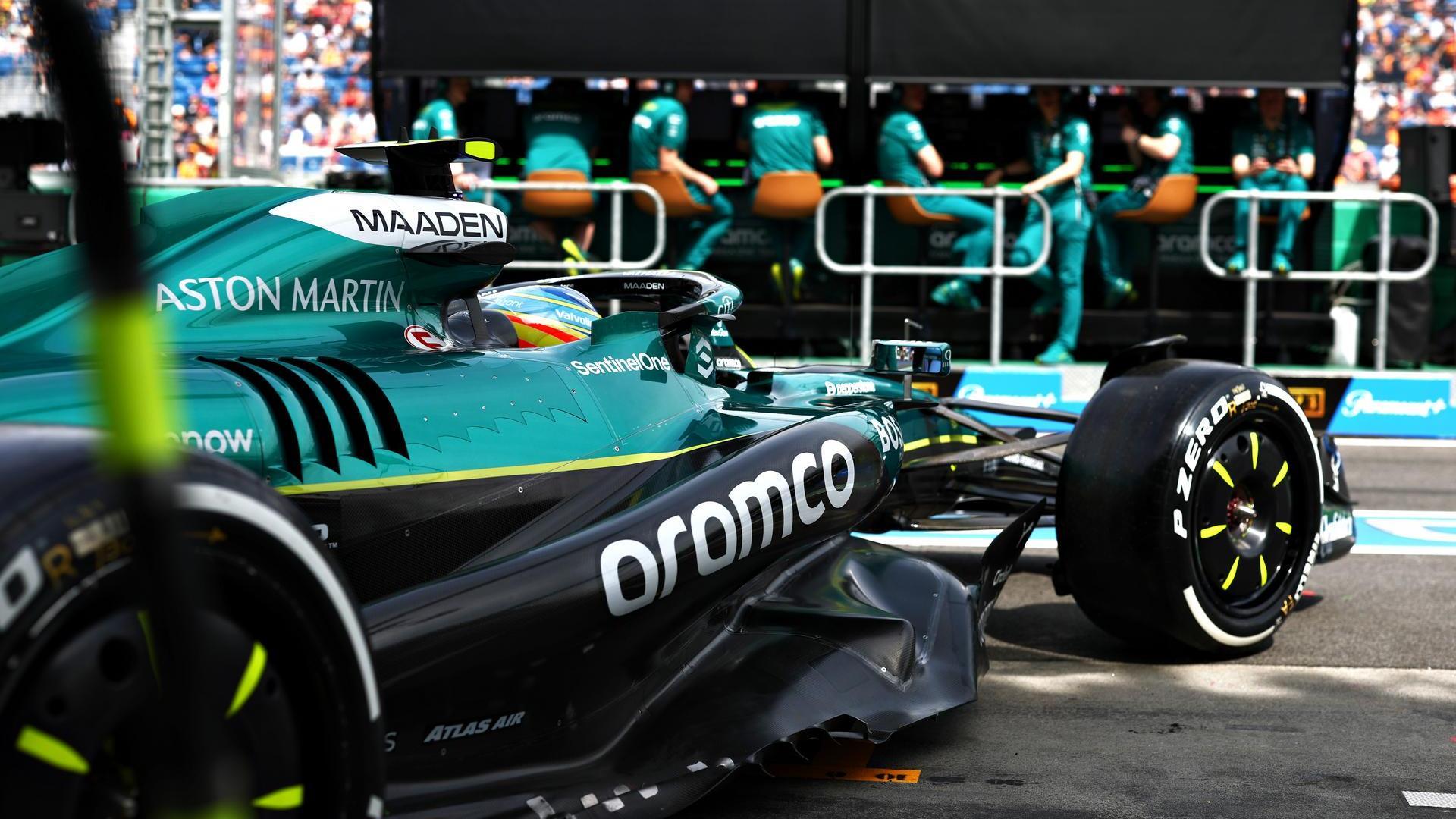
Sign up for a newsletter and we'll make sure you're fully up-to-date in the world of race technology
- AI is a wider concept that enables technology to allow a machine to sense and reason like a human being.
- Machine learning is a part of AI that uses algorithms to analyse large data subsets, learn from that data, and make decisions.
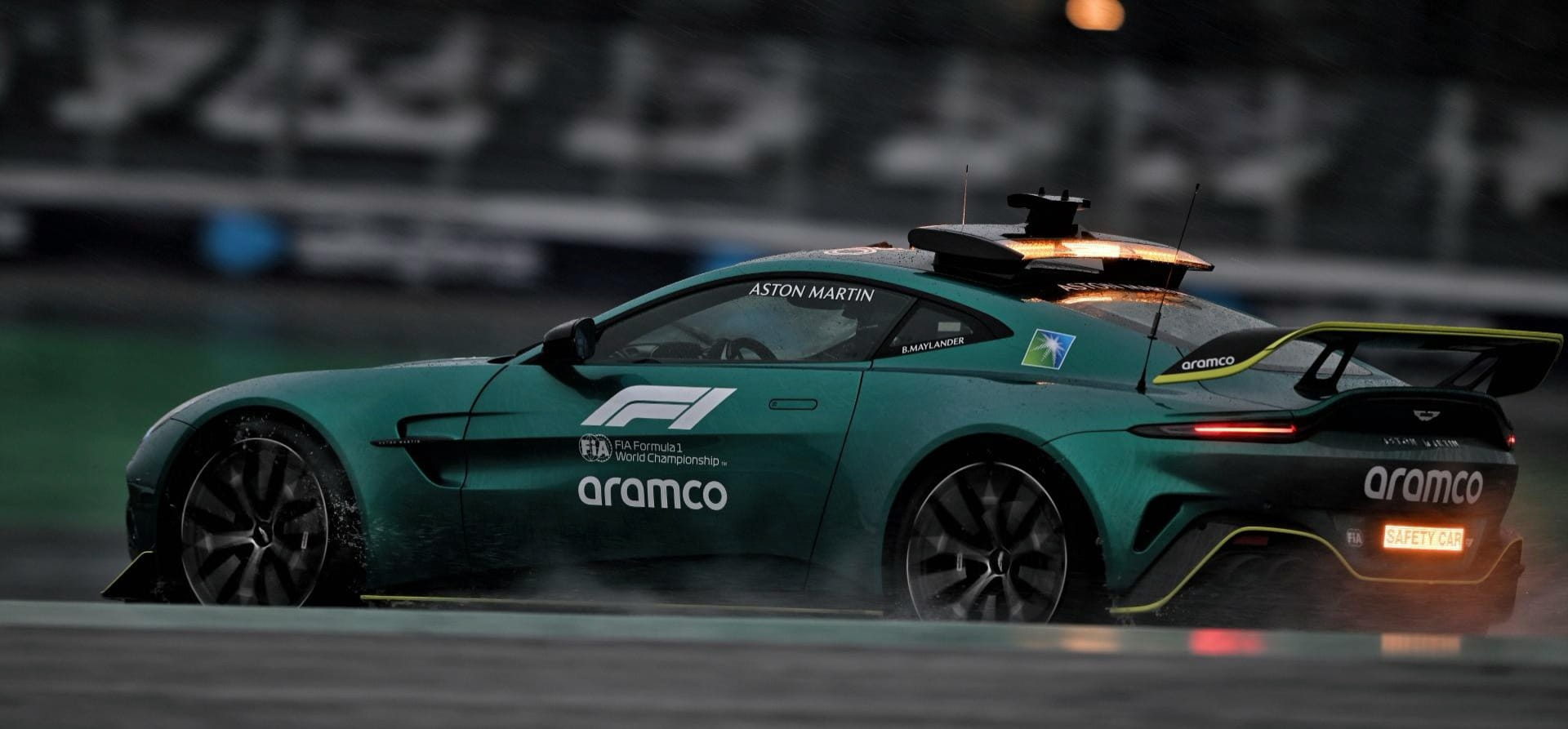
The safety car turning the track at Sao Paulo during the 2024 Brazilian Grand Prix
How could AI be used in F1 stewarding?
At the moment we are only at the start, seeing what we could do and what we need to do.
Francois Sicard
, FIA single-seater operations director

Inside the race control room during the 2022 Brazilian Grand Prix
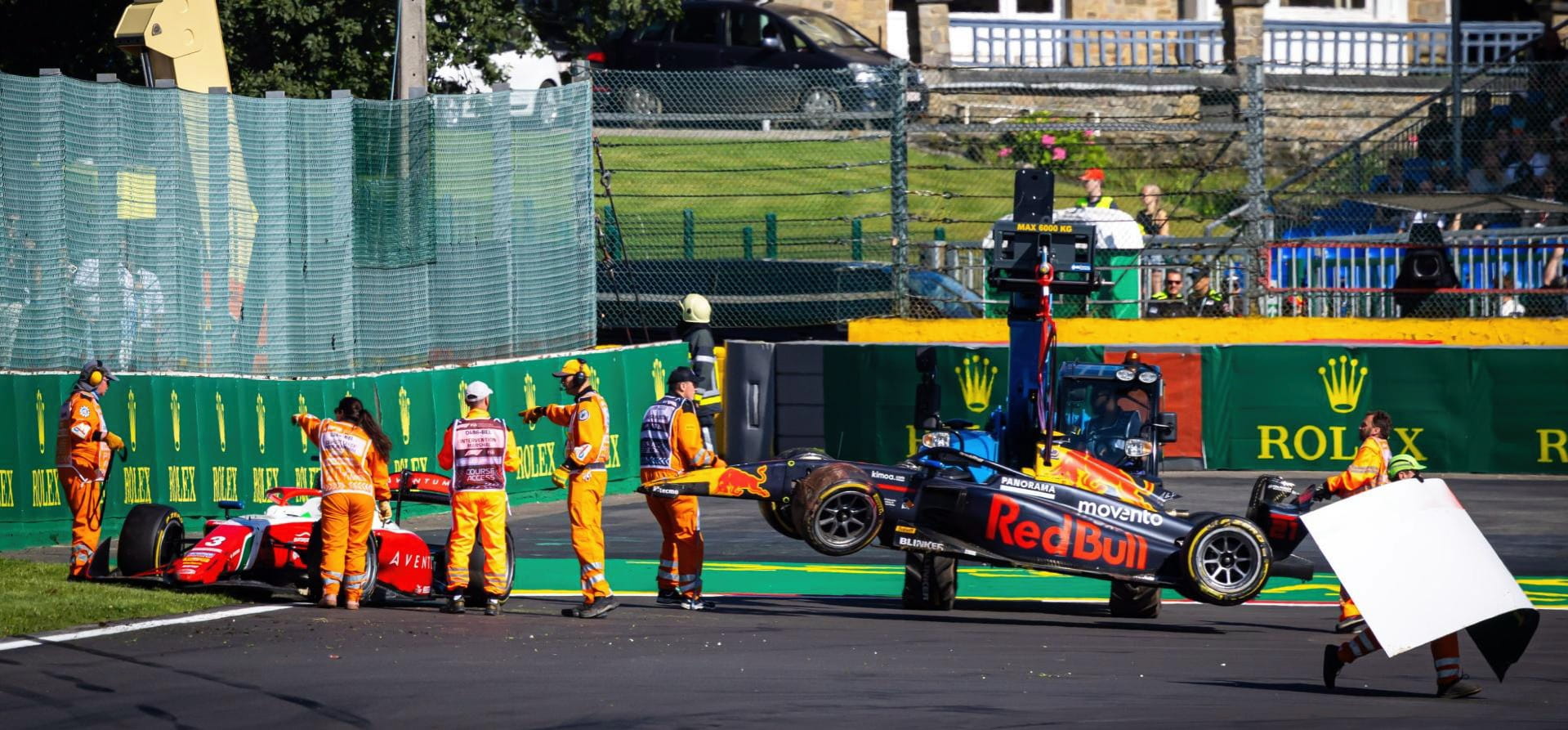
The stricken cars of Ollie Bearman (L) and Pepe Marti (R) after a collision in the 2024 Belgian Formula 2 feature race. AI stewarding could be used in junior single-seater stewarding too
How is AI currently being used in motorsport?
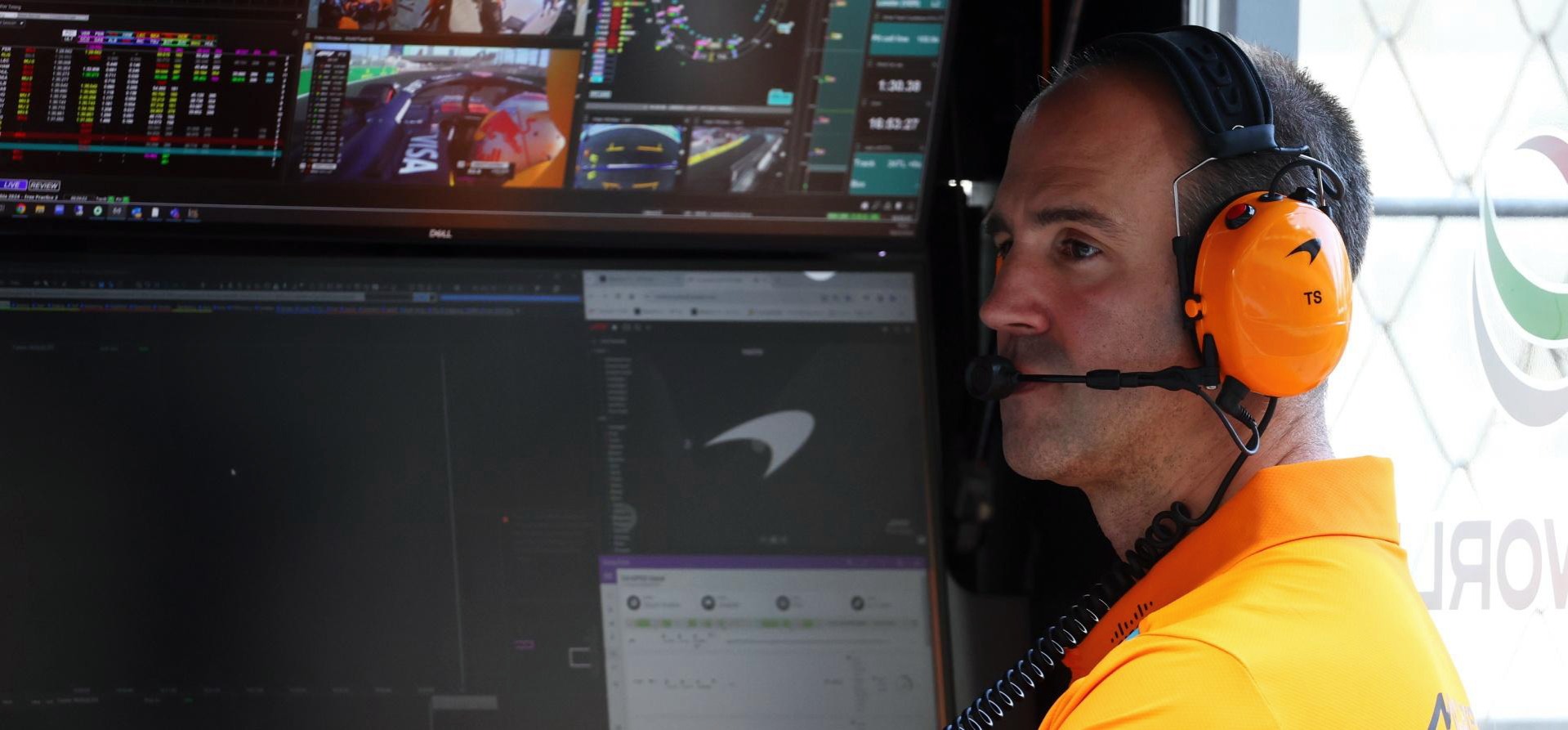
McLaren race engineer Tom Stallard sitting in front of screens at the McLaren pitwall during the 2024 Saudi Arabian Grand Prix
AI is not there to replace anybody. AI is there to add to our data scientists and engineers and helps inform their decisions.
Edward Green
, McLaren F1 Team head of commercial technology
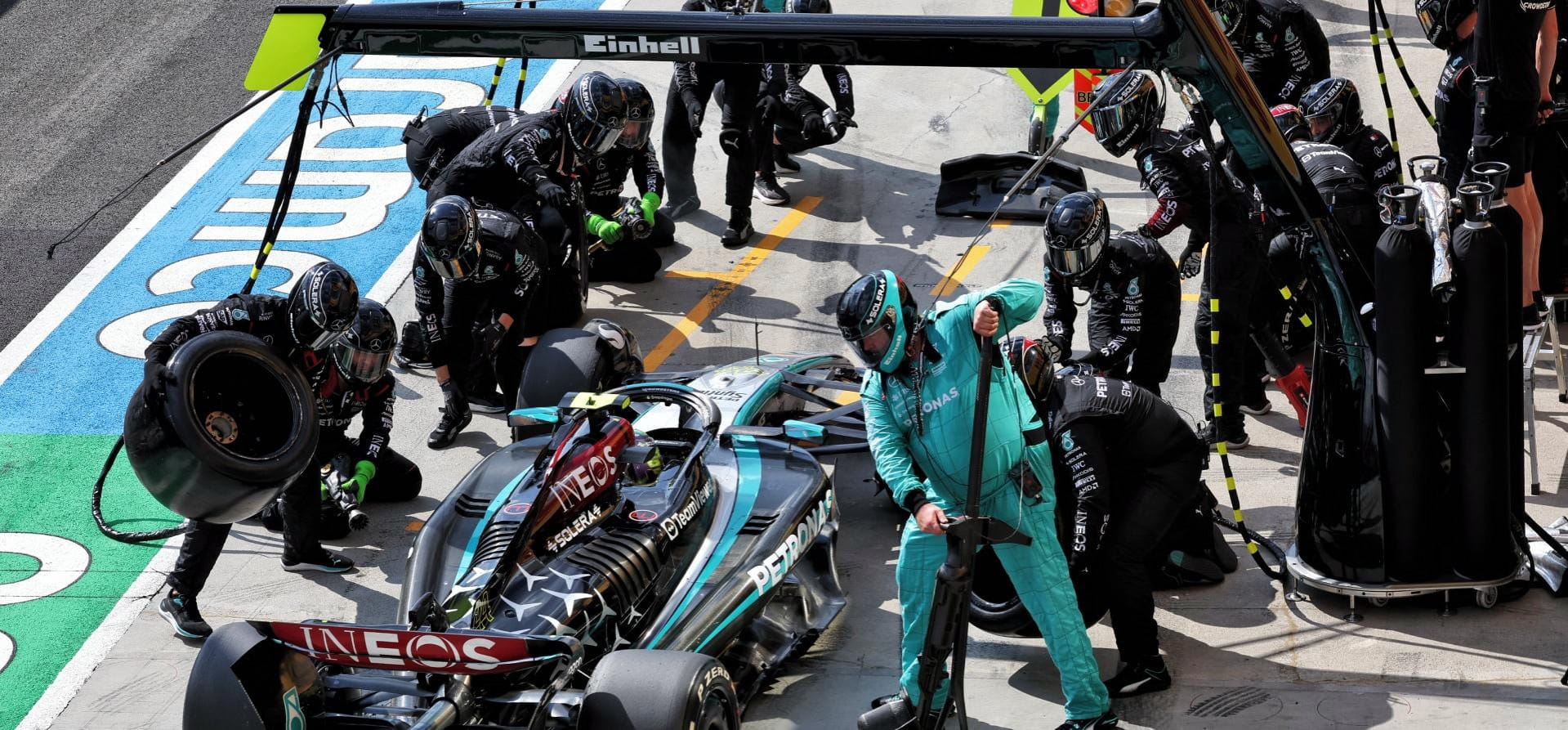
Lewis Hamilton pits his Mercedes in the 2024 Hungarian Grand Prix. Mercedes’s technical director James Allison says every F1 team is utilising AI to some degree
Main image by JustFormulaCar
.jpg?cx=0.5&cy=0.5)
